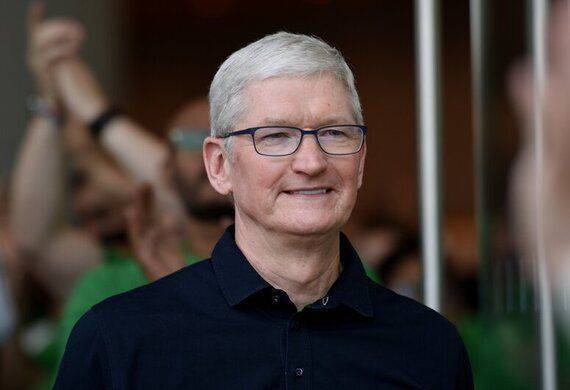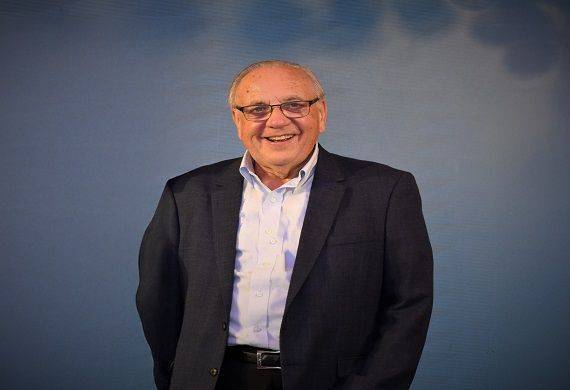Apple’s Engineering Head Addresses Siri’s AI Delay, Vows Significant Upgrade
By Global Leaders Insights Team | Aug 28, 2025

Apple has long been accused of being late to the artificial intelligence race, particularly as competitors such as Google, Microsoft, and OpenAI advanced with generative AI tools. However, in a rare all-hands meeting in Cupertino, CEO Tim Cook and senior executives attempted to reframe that narrative, according to a detailed Bloomberg report.
Cook informed employees that the rise of artificial intelligence is "as big or bigger" than the internet, smartphones, and cloud computing. While acknowledging that Apple was not first, he reminded employees that the company has previously entered categories late but reshaped them. "There was a PC before the Mac; a smartphone before the iPhone; many tablets before the iPad," Cook said. His message was clear: Apple focuses on impact rather than speed.
Key Highlights
- Apple admits Siri's AI revamp was unreliable, vows a significantly more powerful upgrade than originally planned.
- Craig Federighi confirms initial Siri upgrade failed internal quality standards, prompting full architectural rebuild for reliability.
Siri Overhaul Roadblocks
The most candid remarks came from Craig Federighi, Apple's senior vice president of software engineering, who explained why Siri's much-anticipated upgrade has been delayed. Initially, Apple took a hybrid approach, keeping the old system for simple tasks like setting timers but adding large language models to handle more complex queries.
But this compromise did not work. "We realized that approach wasn't going to get us to Apple quality," Federighi said during the meeting, according to Bloomberg. It was decided to completely rebuild Siri with a new architecture. That reset, he argued, strengthens Apple's position: "This has put us in a position to deliver not just what we announced, but a much bigger upgrade than we envisioned."
To speed up development, Apple reassigned Siri to Mike Rockwell, the executive behind the Vision Pro headset, and his team. Federighi credited the leadership change with "supercharging" Apple's AI efforts. The upgraded Siri, which is expected to be released next year, is intended to provide a more seamless, context-aware user experience, paving the way for Apple to reestablish itself in the AI space.
Apple Bets on the Long Game
Apple's strategy has always been based on timing. The iPod was not the first MP3 player, but it did define the category. The iPhone was not the first smartphone, but it revolutionized the industry. With AI, Apple is once again positioning itself as the one that gets it right, rather than the fastest.
Tim Cook urged employees to accelerate internal adoption: "We're all already using AI in significant ways, and we need to use it as a company. Failure to do so would mean falling behind, which we cannot afford."
Also Read: Trump and Tim Cook Announce Apple’s USD 600 Bn U.S. Manufacturing Initiative
As noted by Inc., Apple's restraint could be strategic. While other companies rush AI products to market, Apple wants to integrate AI in ways that enhance everyday use rather than overwhelm users with technical complexity. By framing delay as design, the company hopes that consumers will prioritize dependability and usability over novelty.
Emerging challenges
Meanwhile, Apple's AI ambitions are facing new legal challenges. Elon Musk's companies X and xAI recently filed a broad antitrust lawsuit in Texas, accusing Apple and OpenAI of colluding to exclude competitors. The suit claims that Apple's exclusive integration of ChatGPT into iOS gives it an unfair advantage, while rivals such as Musk's Grok are excluded. The companies are seeking billions of dollars in damages, claiming that the partnership threatens innovation in both AI and smartphones, setting up a high-stakes legal battle.


